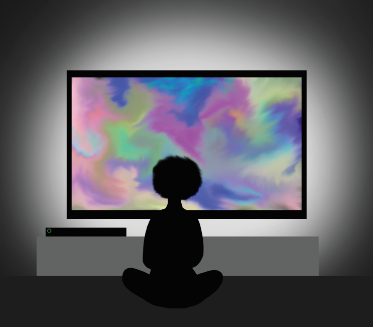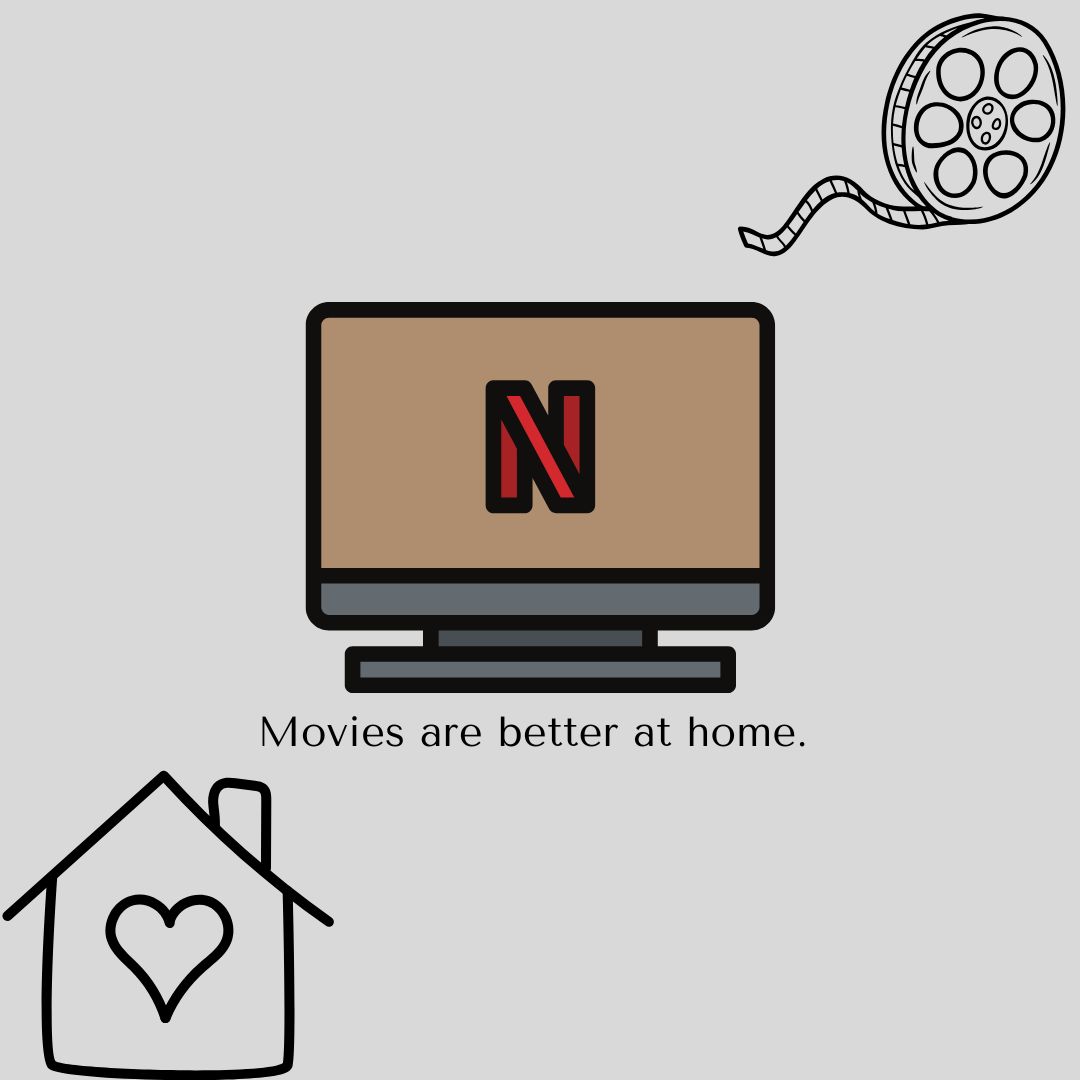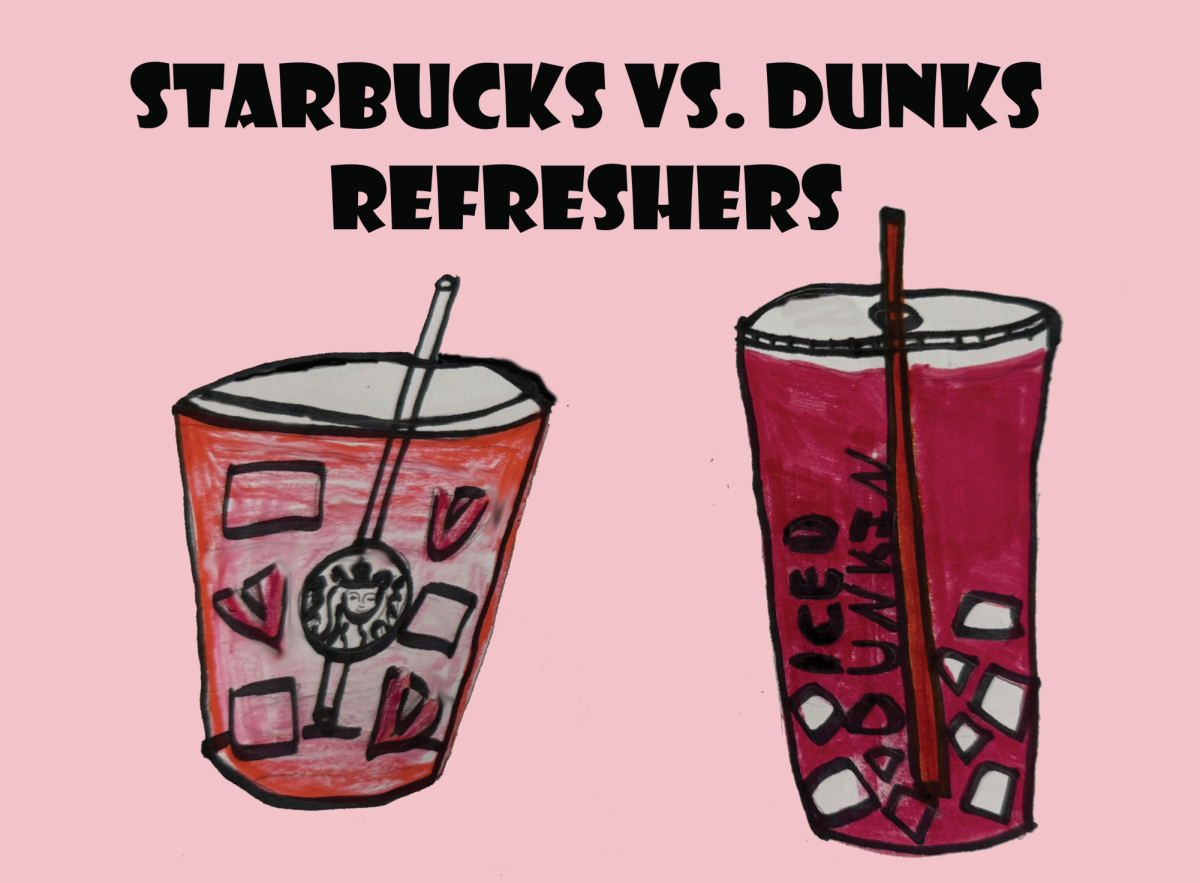Whether it is blaming games for violence, anti-social activity or the dances created by the games, gaming has always been criticized by the media in one way or another. Addiction to gaming is no different, with it being scattered across articles and blogs all over the internet warning parents that gaming is more addictive than drugs.
One of the more recent games under fire is the massive multiplayer online video game called Fortnite. Fortnite has broken media ground with its player count at almost 80 million players worldwide, but has also attracted the eyes of critics against video game addiction.
“This game is like heroin,” said Lorrine Marer, a behavioral specialist who works with kids battling game addiction. “Once you are hooked, it’s hard to get unhooked.” This is a quote used by many articles claiming that gaming is the same as heroin, when the actual articles refer to very vague studies and the general “experts”.
According to the American Psychiatric Association, gaming addiction isn’t classified as a disorder due to lack of existing evidence, but so many moms have reported their kids being absolutely addicted, right? How true really is that? Is the addiction the fault of the person playing?
Turns out a lot of people addicted to the games are children and teens. In that vulnerable age, these kids take in behavioral information from the adults and peers around them, so if dad is playing with the football, baby Joey wants to play with the football too.
Unfortunately this persists with mobile devices and games.
Games are not just fun pastimes anymore. Games are now babysitters, “waiting-for-food-at-the- restaurant” distractors and “shut-this-kid-up” devices. So many parents are taking shortcuts instead of reprimanding their kids, that it’s almost as if the kid runs the family.
Parents becoming more and more dependent on screens as babysitters start the child’s addiction early, making it hard to get them off of the devices when they need to go to school or other important activities. According to americanaddictioncenters.org, this can stunt the child’s social skills by not allowing them to hang around other kids and cause even more behavioral problems.
Fortnite then can increase the dependency because of its algorithms. When players win a game, their brain releases dopamine, the happy hormone, and that strings them in to play more. Even when they lose, Fortnite sometimes gives you a random reward just for playing. So, win or lose, you might get something anyways.
Wow, then most of those 80 million players should be addicted right? At least half!
30%?
20%?
15%?
No, the addiction level of games like Fortnite is 8.5%.
Not to downplay the severity of addiction, but many parents who “can’t get their children or teens off Fortnite” probably have made a mistake in the past while parenting.
According to americanaddictioncenters.org, excessive gaming doesn’t necessarily prepare children for the outside peer socialization they will run into out-of-game. Along with that, problems with concentration, excessive aggression and developmental stunting can occur if a parent just lets their kid play for hours and hours on end.
Parents wanting to fix or prevent this from ever happening to their kids can start by standing their ground when they say no to something. If a child refuses to go somewhere, don’t reward them with a device, reward them with a social activity like a playground, or going out to lunch to prevent the anti-social behavior that comes with just sitting a child on a screen. Tantrums are a part of raising a child, if you can’t handle them, you are not ready to raise another human being.
Media and parents do have the right to complain about the horrors of videogame addiction only after they take some action. But to the parents not taking any action, press ‘F’ to pay respects and be ready for your children to be camping in their computer chairs all night.
















